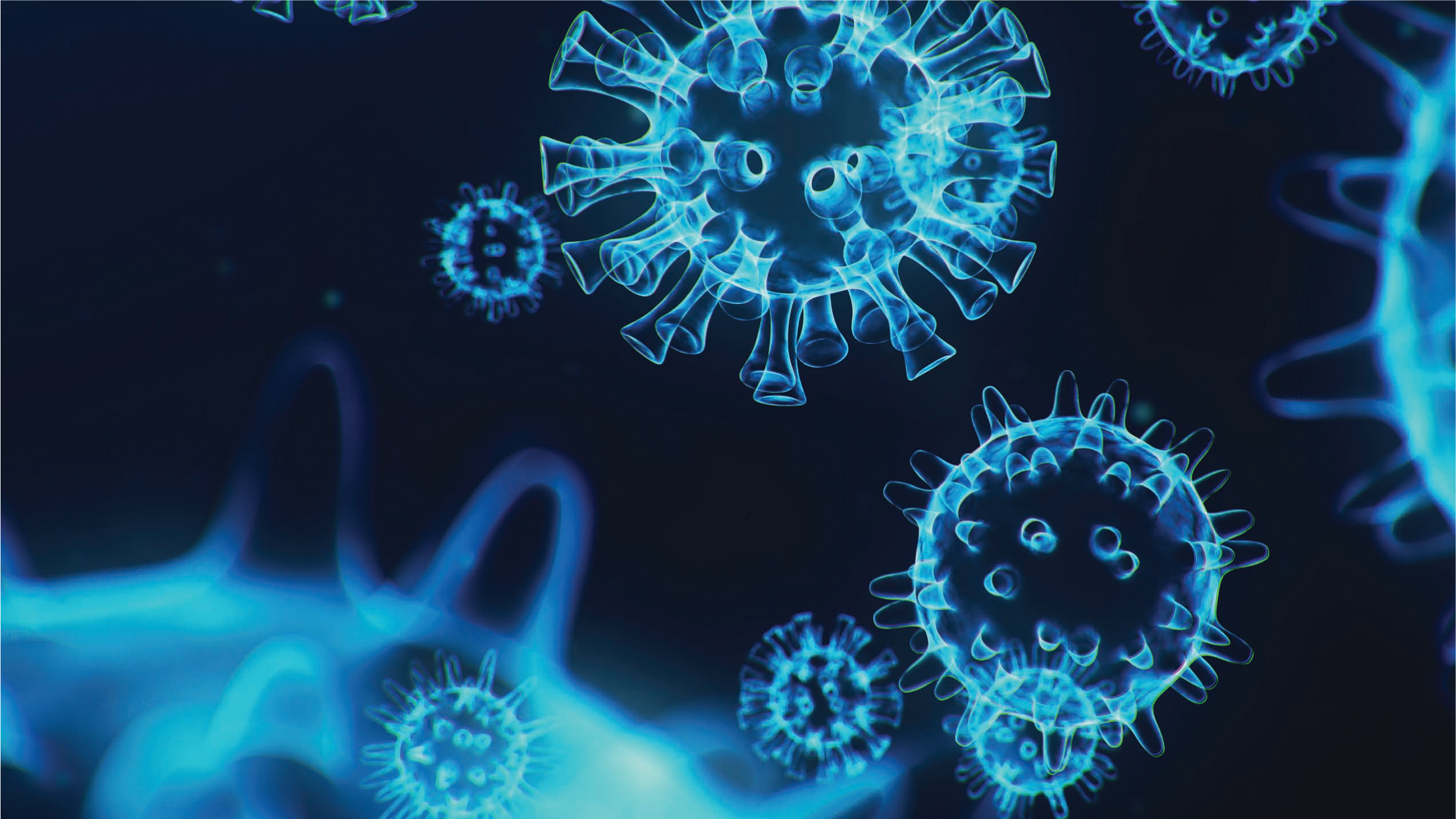In the Face of a Global Pandemic, School of Nursing Adapts

The spring 2020 semester at Rutgers School of Nursing was moving along to the usual rhythms of academic life. That was until early March, when news of a new strain of coronavirus—at that point, a distant threat to New Jersey—had begun to spread and was inching closer to home. The unraveling of events, at this point, is familiar to everyone. Public, private, and academic institutions across the country began to close, altering daily life as everyone knew it. By early March, ahead of the governor’s official stay-at-home order, Rutgers School of Nursing had joined those ranks, and in record time had shifted to remote instruction and operations.
Quick Transition to a New Normal
In a matter of a week, School of Nursing had transitioned more than 165 courses to remote format, expanded the use of virtual simulation for undergraduate students, and switched to providing services and support for the SON community remotely. Most of this done from people’s homes, under lockdown orders.
“We were and are running a multi-million-dollar educational enterprise from our dining room tables,” says Dean Linda Flynn.
As the semester moved onward, paving the way for seniors to enter the workforce and join the fight against COVID-19, School of Nursing graduated more than 350 BS in Nursing students early, and celebrated all students at the end of May with a virtual graduation ceremony.
Meanwhile, as health care systems continued to grapple with the massive influx of COVID patients, School of Nursing continued to press on toward its mission of educating the very best nurses at all levels—adapting more than 30 originally-scheduled in-person admissions events to remote format, and serving more than 350 prospective students through these means.
Looking Ahead
New Jersey, which rose to second in the nation, behind New York City, in the number of COVID cases and deaths, has seen a recent slow down—although cases are surging in other parts of the country. School of Nursing, along with the rest of the university, isn’t quite out of the woods. There is still much to be determined in coming months. “Our priority is to keep our faculty, staff, and students safe while maintaining educational continuity,” says Flynn. “The biggest lesson this global health crisis has taught us is how much all of us at School of Nursing depend upon each other to move our important work forward, and how well we can work as a team. I hope that we remember this lesson and that it never changes.”
